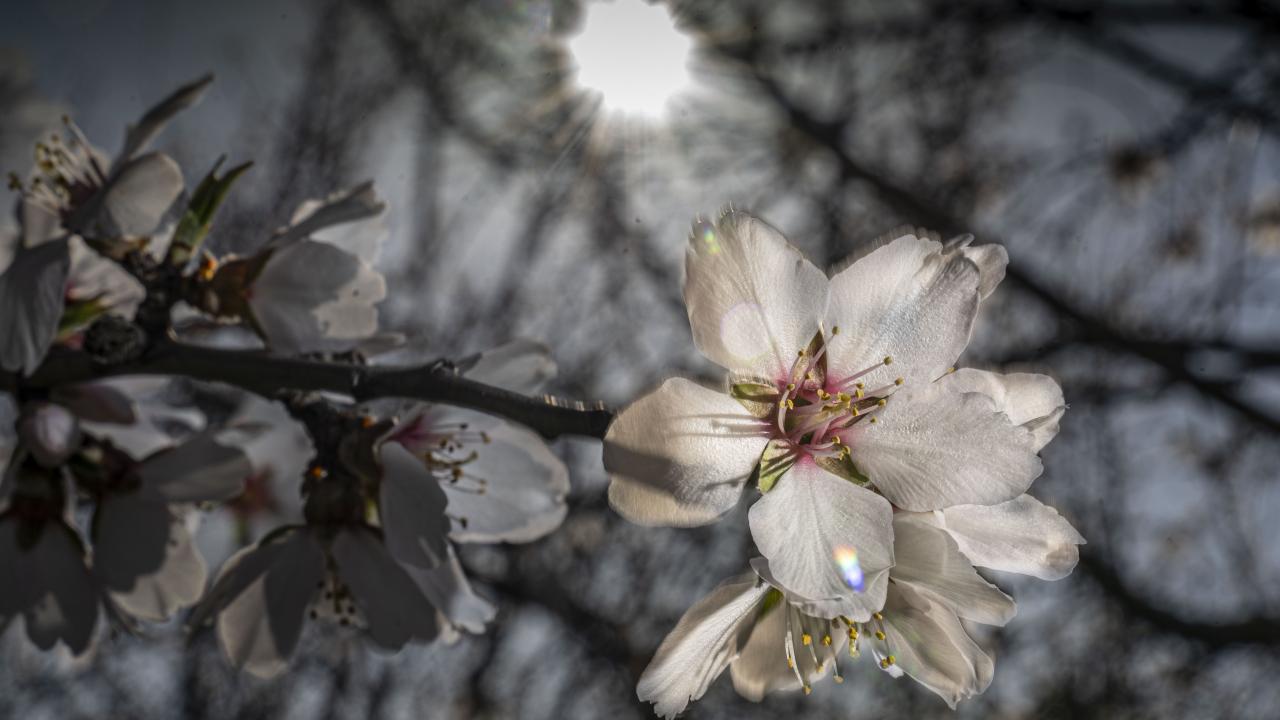
A Message From the Dean - February 2022
The almond orchard blossoms have exploded into beautiful pink and white hues, and the numerous sunny days lull many of us into believing that spring has sprung, yet it is hard not to acknowledge the paradox of feeling warmed and invigorated by the sunshine while recognizing the very real concern of yet another desperately dry year.
The College of Agricultural and Environmental Sciences is known for our distinguished research in agriculture, environment and human and social needs, but so much of what we study and teach is interwoven throughout these areas of research. Climate change is a perfect example of our interdisciplinary efforts to educate students, support communities and create new solutions to a variety of agricultural and environmental issues. This month’s newsletter highlights several articles that focus on climate, including a recent study which discusses public perceptions of climate change and how politics and society often dictate policy. We also feature a story on the impact of caribou and muskoxen on rare plants in Greenland, and highlight two articles on the importance of developing climate-change resistant wheat, which accounts for roughly 20% of what people eat every day.
And yet even in the throes of global warming and increases in extreme weather incidences, the western monarch butterfly populations grew 100-fold in 2021. That is something to celebrate!
February also marks the celebration of Black History Month. In the spirit of climate change, one story in particular looks at weather patterns and the relationship between El Niño and the trans-Atlantic slave trade and how those lessons can inform how our warming future affects communities in need. More and more, people are highlighting modern examples of the unsung heroes of Black activists, scientists and average citizens. I recently watched a documentary on the Southern underground railroad and the story of enslaved people escaping to Mexico and the Battle of Negro Fort, and it reminded me how these stories play an important role in recognizing and embracing a greater understanding of our collective history. When we acknowledge and incorporate the lessons of underrepresented groups into the historical framework of our society, whether through familial stories handed down through storytelling, or through researched data like studying drought patterns in the 1800s, it provides us with the chance to expand the scientific narrative in education and inspires our students to more deeply connect with the societal challenges, like climate change.